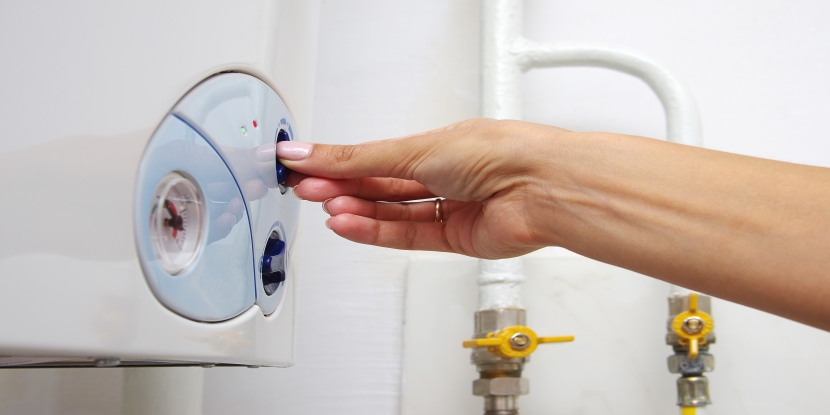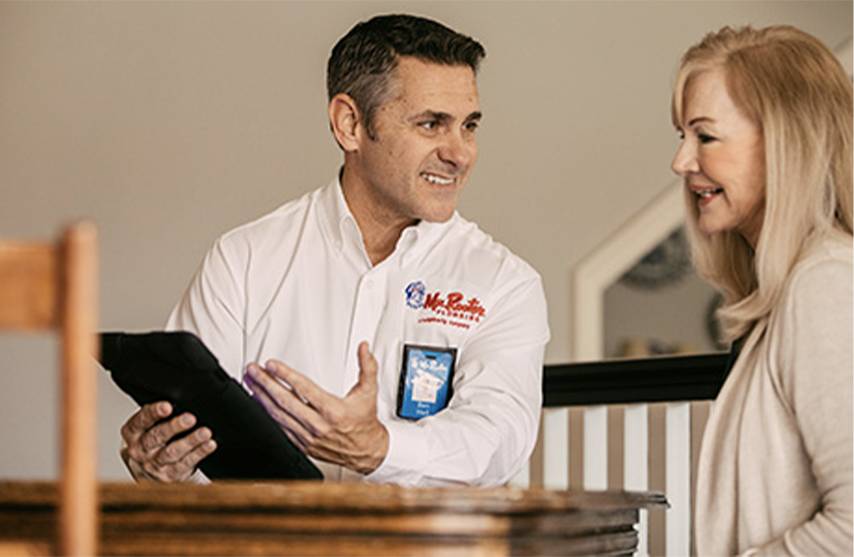
Does it seem like your hot water is more like room temperature? Are you worried that the water temperature is way too hot, and you know you're wasting energy? Finding the right temperature setting is essential for property owners who want to take hot showers without worrying about scalding, bacteria growth, or high utility bills. At Mr. Rooter Plumbing of Youngstown, Ohio, we offer premium services for local customers. Our plumbers are always ready to help clients properly adjust their thermostats. Are you wondering what the ideal setting is? Several factors can impact the temperature settings of hot water heaters, so read below for some helpful tips.
You'll want to know your current water temperature setting before you can set it to the ideal zone. This is most commonly found on the dial that's located at your unit. However, not all models are equipped with one. If this is your case, you can take a temperature reading directly from the hot water by using a regular thermometer underneath the hot water tap. Let the water run long enough to get an accurate reading.

When choosing the temperature setting for hot water heaters, it's important to think about the following:
It's always a good idea to call a skilled plumber if you are unsure what your current temperature setting is, especially if you can't locate the dial. If you've recently purchased a new water heater, it's vital that the installer set up the temperature correctly before leaving your home so that there are no safety issues once they leave. A plumber can also help diagnose problems with your water heater and advise on how to repair or replace it if necessary.
As you can see, there are a lot of considerations to make when adjusting the temperature of hot water heaters. However, knowing exactly what your current setting is and which factors impact it will help you make an informed decision about changing it. If you are struggling to adjust the temperature, or are concerned about potential damage to your thermostat or heating element, then call Mr. Rooter Plumbing of Youngstown, OH. Our dependable local plumbers can help ensure your water temperatures are safe and work well for you and your loved ones.